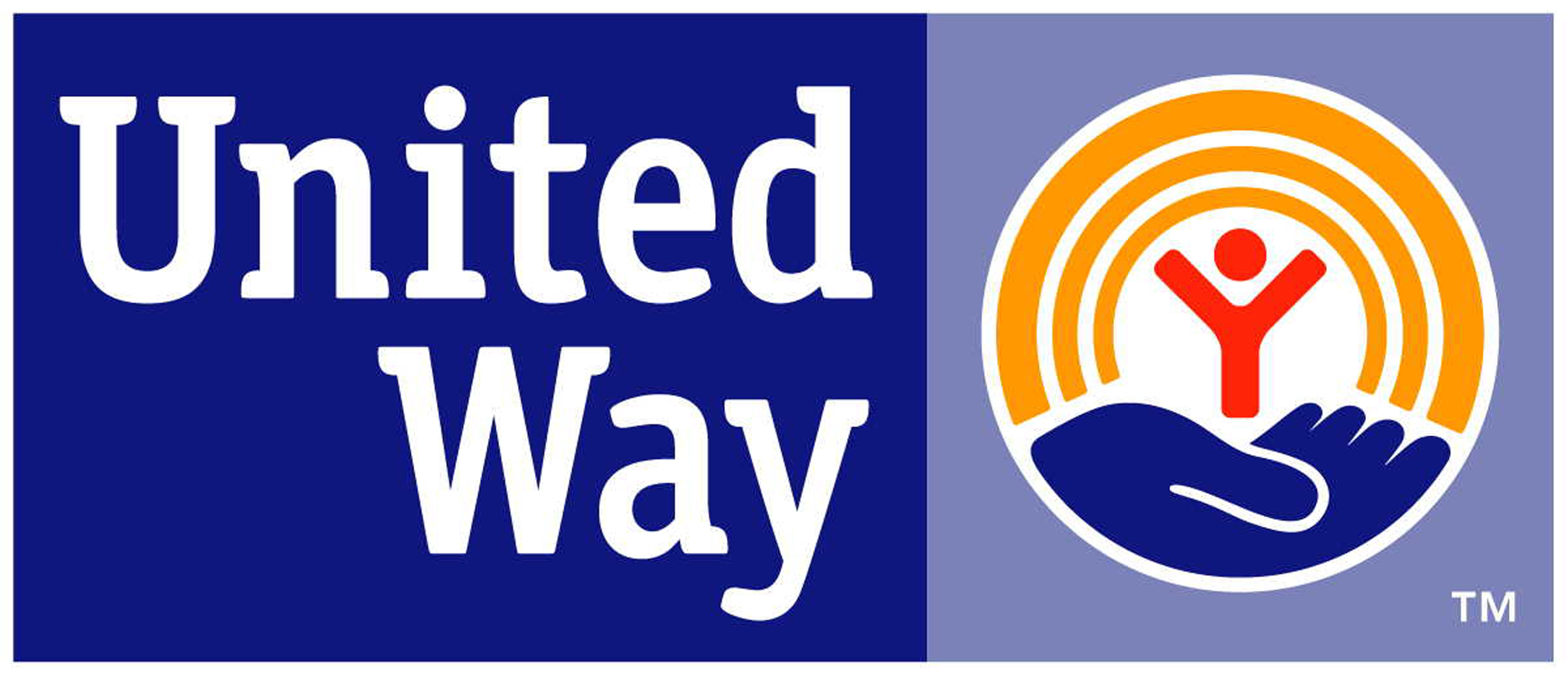Child Protection at the Y
CHILD PROTECTION GUIDE FOR PARENTS
We know that you place trust in the Y to help your child develop and thrive - that is why our core values of caring, honesty, respect, and responsibility are part of everything that we do. We place great value on creating the most child-safe environment possible. We believe when you are well informed about safety protocols, it greatly assists our responsibility of remaining vigilant and aware of all individuals who potentially interact with children. You are strongly encouraged to immediately report any deviation from these procedures.
STAFF
The Hopkins County Family YMCA has more than 30 staff and volunteers working with youth in the many programs that we offer. To keep children safe, we follow a comprehensive screening process for potential employees and volunteers that includes a detailed application and interview process, reference checks, criminal background checks, and training.
TRAINING
Our employees and volunteers complete an extensive child abuse prevention training program. Supervisors complete additional training to further promote a child-safe environment. Additionally, all staff and volunteers are mandated to report any suspected child abuse.
YMCA CHILD SAFETY PROCEDURES
Below you will find our zero tolerance YMCA procedures that are regularly communicated with parents. You are strongly encourages to immediately report any deviation from these procedures
- Children should not be contacted individually by a YMCA staff (i.e., no letters, email, telephone calls, texts, social media channels, visits, non-YMCA excursions, etc.), unless such communication includes the child’s parent.
- A child should never be alone with a staff member, but may be separate, if in full view of others.
- Children should never receive gifts of any kind from individual Y staff members.
- Children should never be transported in a staff member’s personal vehicle, and never alone.
- Y staff members should not babysit Y members or program participants. If the babysitting relationship pre-existed the Y relationship, the parents may request an exception from the Hopkins County Family YMCA CEO to continue the babysitting relationship. If the exception is approved, a specific acknowledgment must be signed by the parents and the babysitting staff member and retained by the Y.
- Children in Preschool, Day Camp, and Child Watch must sign in and out of programs each day and will only be released to pre-authorized individuals.
- Parents who become aware of hazing, bullying, or similar behavior should report the incident to the Y. Such behavior is often the precursor of peer-to-peer abuse and must be addressed.
- Parents should be provided with the names of at least two separate Y individuals whom they may contact if they believe there is an issue of any kind that needs to be addressed.
- Children should be encouraged to discuss their experiences with their parents and identify any behavior or activity that made them uncomfortable. Parents need to be aware that programs like aquatics require some physical contact between adult and child to provide the necessary instruction. A single touch in a normally inappropriate place may not be an inappropriate touch if it occurred while trying to prevent an injury, etc.
- Kentucky law requires adults involved in the care of children to report cases of suspected abuse to the authorities.
HOW CAN YOU HELP PREVENT CHILD ABUSE?
- Talk to your child about his or her experiences in Y programs, school, sports, and other activities.
- Drop in on your child’s programs.
- Trust your instincts. Don’t wait to tell us if something seems “strange” Speak Up!
- Every once in a while, ask your child these questions:
- Is anyone scaring or threatening you?
- Is anyone asking you to keep secrets?
- Has anyone said anything to you that made you feel bad?
- Is anyone touching you in a way that you don’t like?
- Encourage your child to tell you or another trusted adult if anything happens to him or her.
- Watch for warning signs of abuse:
- Unexplainable bruising or other physical markings
- Disturbed sleeping or eating patterns
- Abrupt changes in behavior-anxiety, clinging, aggressiveness, withdrawal, depression
- Fear of a certain person or place
- Discomfort with physical contact
- A child who abuses other children
- Listen and watch for signs of your child receiving special attention that other children or teens are not receiving, including favors, treats, gifts, rides, increasing affection or time alone, particularly outside the activities of school, child care, or other activities
KNOW. SEE. RESPOND.
KNOW the Facts.
KNOWiing the facts about child sexual abuse can help you better understand what to look for and how to prevent abuse. How do you help keep your kids safe when they are with other adults or other youth-serving organizations? Ask proactive questions, have ground rules, and keep an open line of communications with your kids. Check out the KNOW. SEE. RESPOND. booklet to find examples of questions to ask youth-serving organizations, tips for creating a family code of conduct, and exercises to help you feel more confident in child protection.
SEE the Warning Signs.
When we SEE boundaries being crossed or signs a child is being sexually abused, we must intervene on a child’s behalf. Offenders are often seen breaking rules and pressing boundaries. By being active bystanders, we must take risks and stand up to other adults. But how do you recognize if an adult is a danger to a child? Offenders often operate through a process called “grooming.” Child grooming is the deliberate process of gradually initiating and maintaining a sexual relationship with victims in secrecy.
Take Action Against Abuse.
When it comes to reporting abuse, it can be intimidating but it doesn’t have to be! If you are prepared, you will know exactly when and how to RESPOND. First and foremost, you do not need evidence a child is being abused to report, just reasonable suspicion. There are three reasons you should report – disclosure, discovery, or suspicion. You should report abuse to Child Protective Services at 877-597-2331.
FIVE DAYS OF ACTION RESOURCES
Start by having a conversation with your kids. The “What If?” Game is a great way to think about situations kids may face in life and would need to solve. Head on over to www.fivedaysofaction.org/what-if-game to see how to get started.
Keeping Kids Safe and Busy: With changes to your regular routines, are you looking for ways to keep your kids busy and safe at the same time? When thinking through activities, it’s important to think about the three main principles for minimizing the opportunity of abuse – preventing isolation, keeping situations interruptible, and setting expectations. Try to think about these principles as you make plans for your kids. Check out a sample daily calendar you can adapt to here.
Being a Safe Adult: Safe adult status matters more than just when it’s “crunch-time.” We know life can be stressful, and it is easy for kids and parents to get overwhelmed. This is why it’s important to have an open line of communication with your kids at all times, so no matter what is going on in your life, they know they can communicate their feelings with you. By being a safe adult in good times, you’ll automatically be a safe adult for them to turn to when things aren’t going right. Do you know how to recognize the behaviors of safe adults?
What is your Family Culture? A pre-determined set of values around bodies and boundaries can go a long way toward protecting your kids from sexual abuse. It can help kids understand what acceptable and unacceptable behavior is, help them make informed decisions, and ultimately avoid dangerous situations. We call this set of values a “Code of Conduct." But, how do you define your values and set expectation for them? Create a family code of conduct! How? Find the Family Code of Conduct Worksheet here.
Want to learn more? Take the Protecting Children During a Crisis training at no charge!
ADDITIONAL RESOURCES
CHECKLIST FOR SAFER SLEEPOVERS
INFORMATION FOR PARENTS OF YOUNG CHILDREN
TALK TO KIDS ABOUT BODY SAFETY
CHILD PROTECTION RESOURCES
Learn more about steps everyone can take to help create a culture of safety and prevent child sexual abuse.
Guardians for Child Protection
The CDC: Preventing Child Sexual Abuse
National Child Advocacy Centers
CONTACT US
If you have any questions or concerns regarding a YMCA staff person or program please contact us.
Angela Carter, Director of Community Health at This email address is being protected from spambots. You need JavaScript enabled to view it., or 270-821-9622 ext. 113
Brittany Enright, Director of Youth Services at This email address is being protected from spambots. You need JavaScript enabled to view it., or 270-821-9622 ext. 108
If you are not comfortable sharing this information directly with us, please make a report to Child Protective Services at 1-877-597-2331. If you feel your child is in immediate danger or has been physically injured please contact local law enforcement and seek medical attention.
You can also make a confidential report by mailing to:
Attn: Brittany Enright
150 YMCA Drive
Madisonville KY 42431


